As some of CS:GO’s most intense and high-level rivalries play out in IEM Sydney on May 3 to 7, a much quieter narrative will come its head in the early stages of the Swiss Group. Compared to the world-beating likes of Astralis, FaZe, and SK Gaming, the all-Australian Chiefs roster looks out of place.
The qualification of the Chiefs might look inconsequential, as it were just an afterthought to appease local crowds. This couldn’t be further from the truth though. The Chiefs are by far the best team playing in Australia, and are a side that should not be treated with the same generalized tones that the Australian scene has been traditionally painted with. They’re here to play, and the home-grown heroes of Joshua “INS” Potter, Liam “malta” Schembri, Tyler “tucks” Reilly, Alistair “aliStair” Johnston, and Peter “pecks” Nguyen will try to drag the region’s reputation kicking and screaming into uncharted territories.
The Australian CS:GO scene has been largely defined for its lack of LAN opportunity, slim budgets, and isolation from international competition. This isn’t helped by the fact that so many of the region’s best players are enticed away by the prospect of international play, leaving the rest of the scene with a perpetually uncertain top end of competition.
Many of these problems, however, have started to fade away through the rapid change that the scene has experienced in recent months.
The end of 2016 and start of 2017 has seen an unprecedented amount of investment and interest in the Australian CS:GO space. Non-endemic sponsors have started to crop up, tournament organizers like ESL Australia and CyberGamer have doubled down, and the rise of Asian CS has seen more opportunity for international play.
This increase in opportunity across the board has raised the stakes for many teams, and as a result, Australia has seen a noticeable improvement in the overall quality of CS among top teams. Even with many of the region’s best players playing with the Winterfox lineup in North America throughout 2016 and 2017, Australia’s best sides are starting to take on more refined approaches to CS:GO. The Chiefs have been the roster to take this to the next level.
There is no doubt that, right now, the Chiefs are the best team in Australia. They went 16-0 over the course of Australia’s ESEA Premier division, 5-2-0 (win/draw/loss) in S10 of CyberGamer Pro League (CGPL), won the CGPL LAN, and qualified for IEM Sydney dropping only one map. Although they showed signs of weakness in ZEN League and the ESEA-P playoffs (albeit with a stand-in), overall, their hegemony over the scene is undisputed.
The key to the Chiefs’ domestic success lies in their willingness to evolve as a side, the refined system they have in place, and overall talent of the roster itself.
A star-studded cast of talent
Originally, the Chiefs’ roster boasted the services of acclaimed leader Michael “Ligthstep” Hall. Lightstep was integral in moulding the three young players, malta, INS, and Alistair into the players we see today. Due to factors outside the game though, his calling became stagnant even in spite of the domestic success Chiefs, and pecks was brought in to replace him, with tucks taking over calling responsibilities.
INS and malta have established themselves as possibly the two most capable site players in the region. Recently, we’ve seen INS ride a high level of form on T-side as well, often coming into sites late in the round and being able to win 1vX situations with increasing ease. While INS’s form has been spectacular in spurts, malta has been pretty consistently good since the New Year and is crucial to grinding down opposing sides.
Whereas INS and Malta are the two stable fraggers, Alistair and tucks are the more volatile stars with high skill ceilings. Alistair is the young, potential super-star of the region. Boasting some of the nastiest aim and entry prowess, Alistair is the one often winning Chiefs rounds they had no right to, and has proven in the past to be a critical factor in the Chiefs’ strong performances against international sides. At IEM Sydney, Alistair will be one of the players to watch to put on a big show.
Likewise, tucks, even as an IGL, has a long history as one of Australia’s most dangerous AWPers, and can tag-team with Alistair in double-AWP set-ups to shut down massive portions of the map. As a leader, tucks’s calling style is aggressive, but refined tactically to structure the talented, young players he has around him.
Pecks, who came from SYF Gaming, has not needed to play the same heavy-fragging, star role we’ve seen him take in lower-tiered teams in the past. He is often found trading frags for his more volatile teammates, and is crucial to giving more flexibility to the likes of tucks and Alistair to make risky plays.
What are their realistic odds?
There’s no doubt that Chiefs are likely not going to make it out of the Swiss Group; the sheer skill of the European talent present trumps even the star-studded Australian roster that Chiefs boast. This especially becomes apparent when you look at the Chiefs’ map pool. Domestically, their bread and butter is Train, Inferno, and Overpass, while they also show a clear affinity for Cobble and Nuke. While this is fine in Australia, they’ll be battling against quite literally the best Train, Overpass, and Inferno teams in the world, with Astralis, FaZe, and North boasting stretches of dominance on each map.
Realistically, they have an above average chance of beating Vici Gaming and Renegades, but it’s hard to imagine a world where, on even playing fields, they’ll be able to best some of the world’s best sides. If they were to upset an international team though, expect it to be due to a favorable veto, their opponents underestimating their high raw talent and tactical aptitude, and for either Alistair or malta to play at their very best.
Regardless of where they finish though, Chiefs are the only team in IEM Sydney that boasts an all-Australian lineup who have ground their way through Australian play. Whether you are wearing an Astralis shirt or a FaZe cap, if you’re an Australian the Chiefs represent the apex of domestic play and the potential foundation for future Australian success.



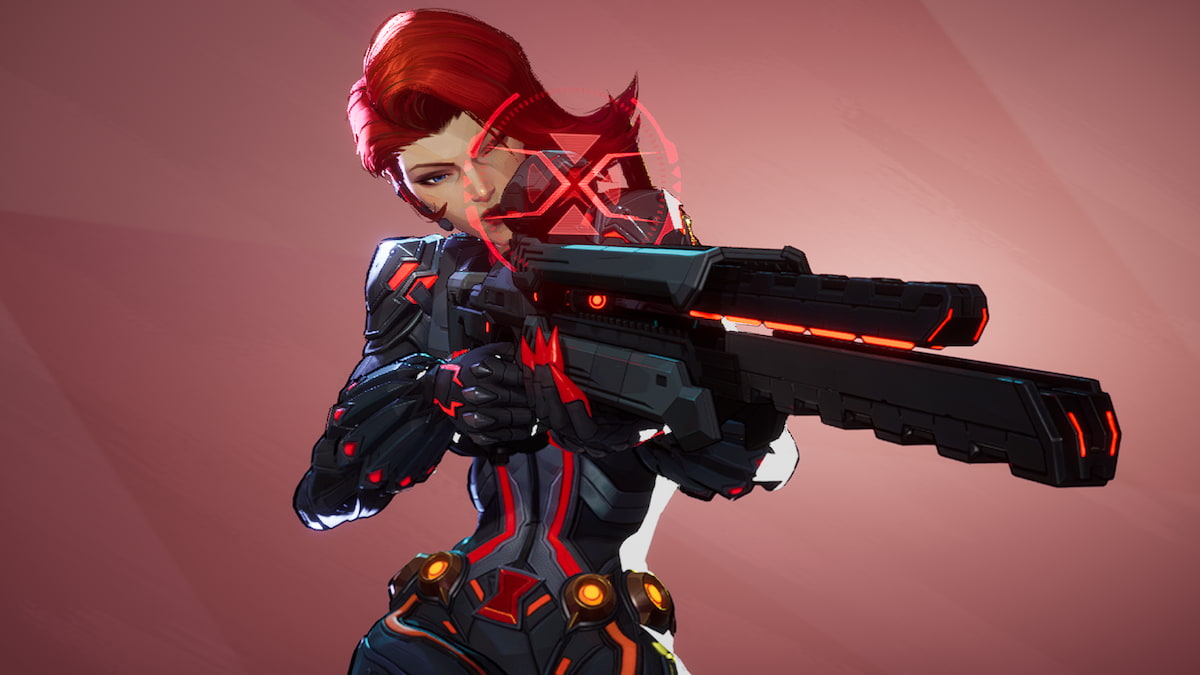
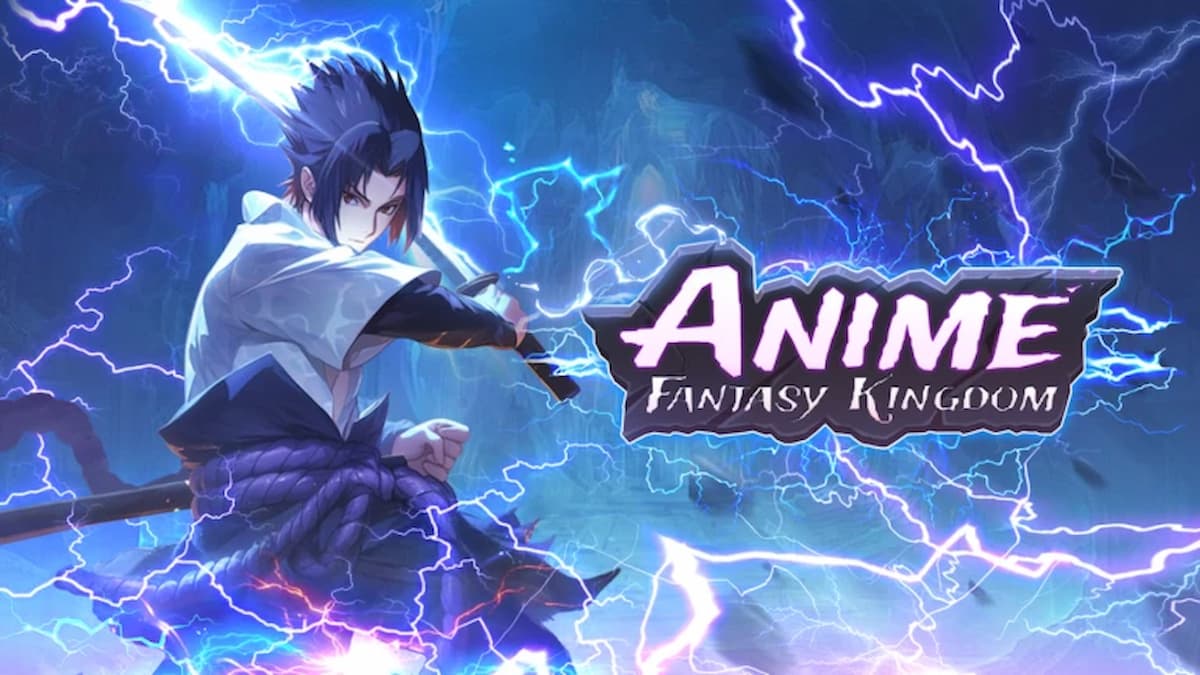
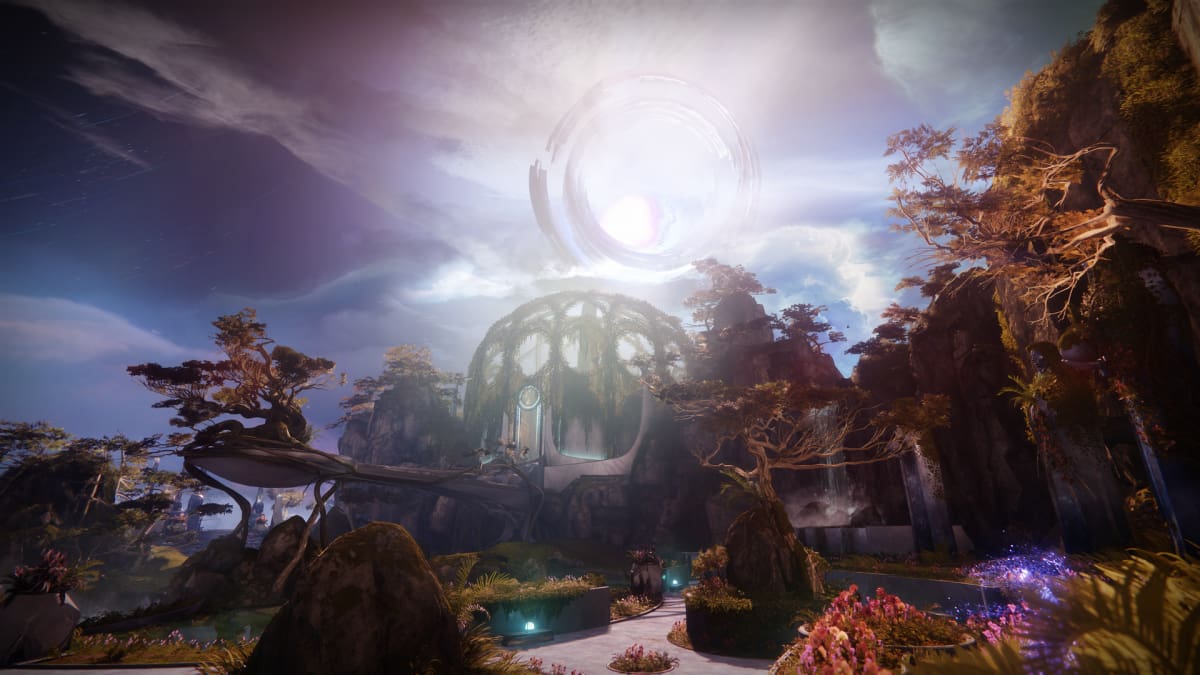
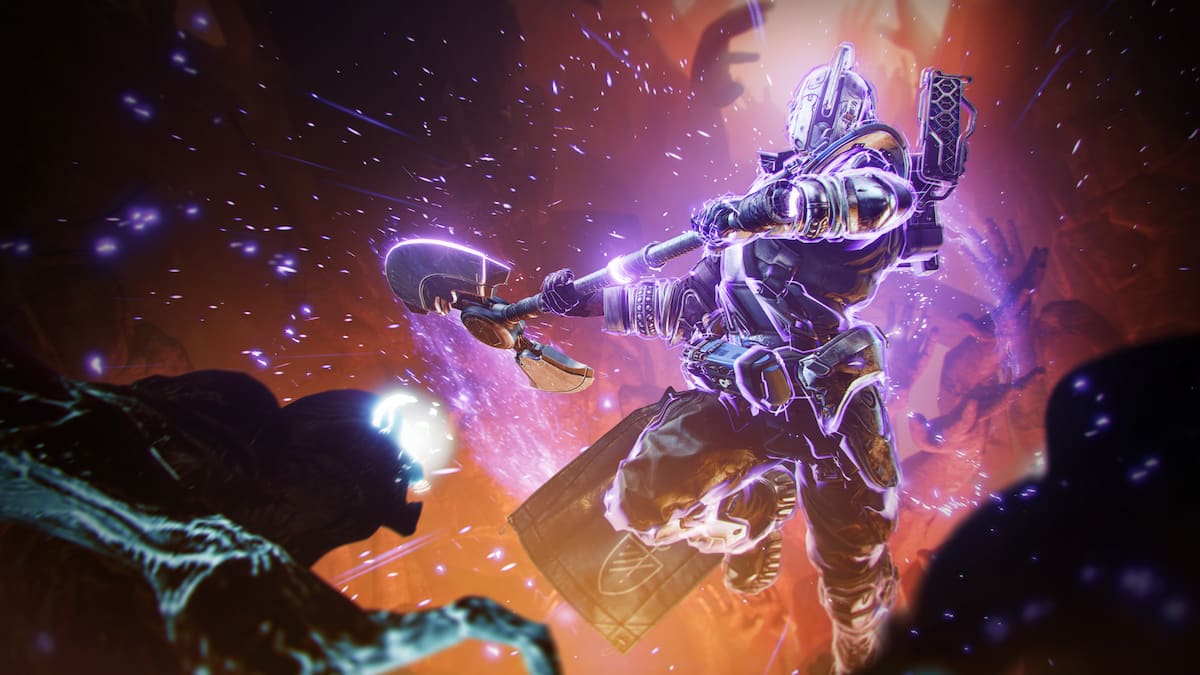
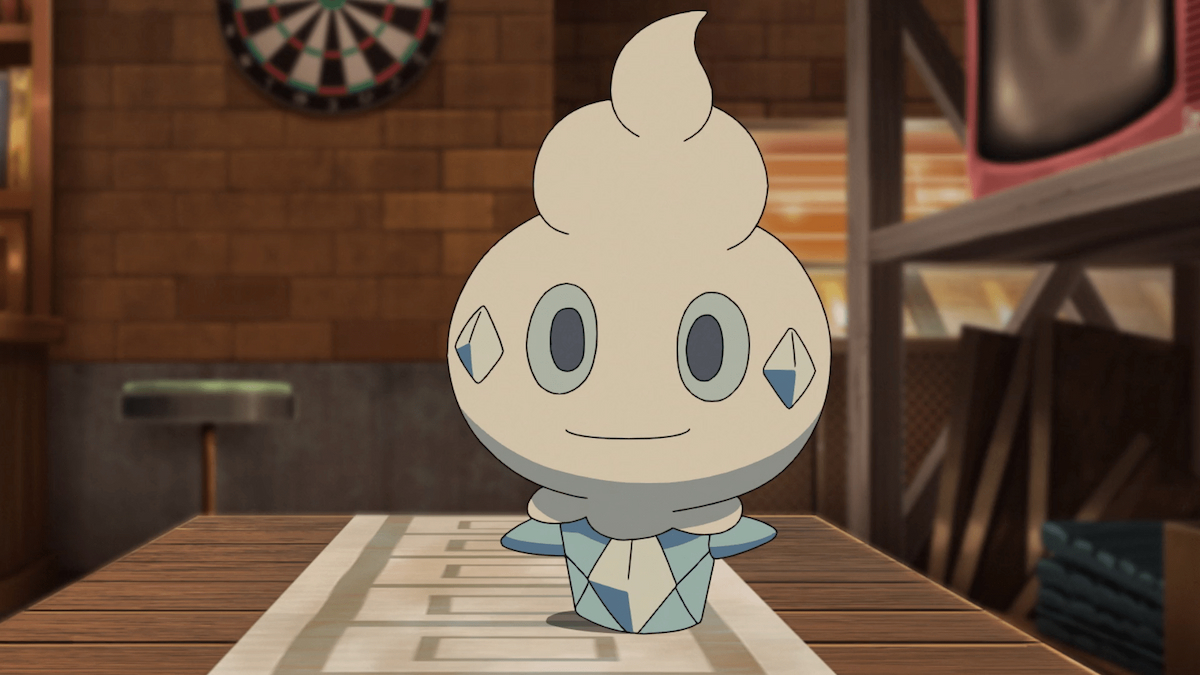
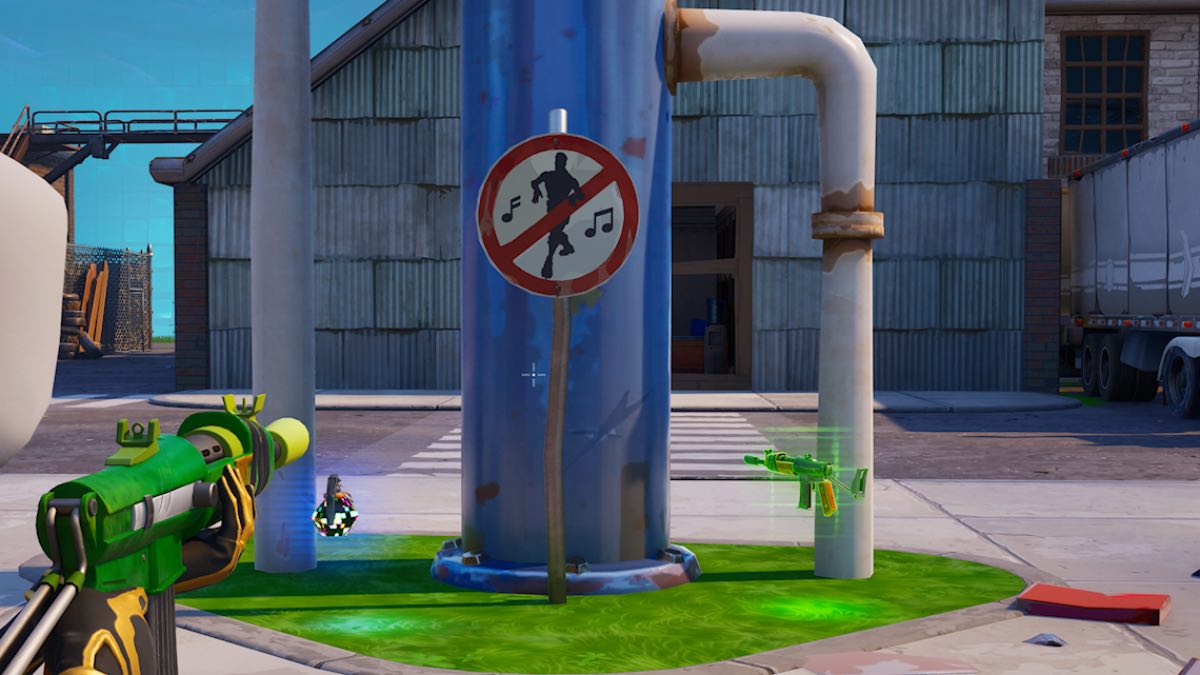
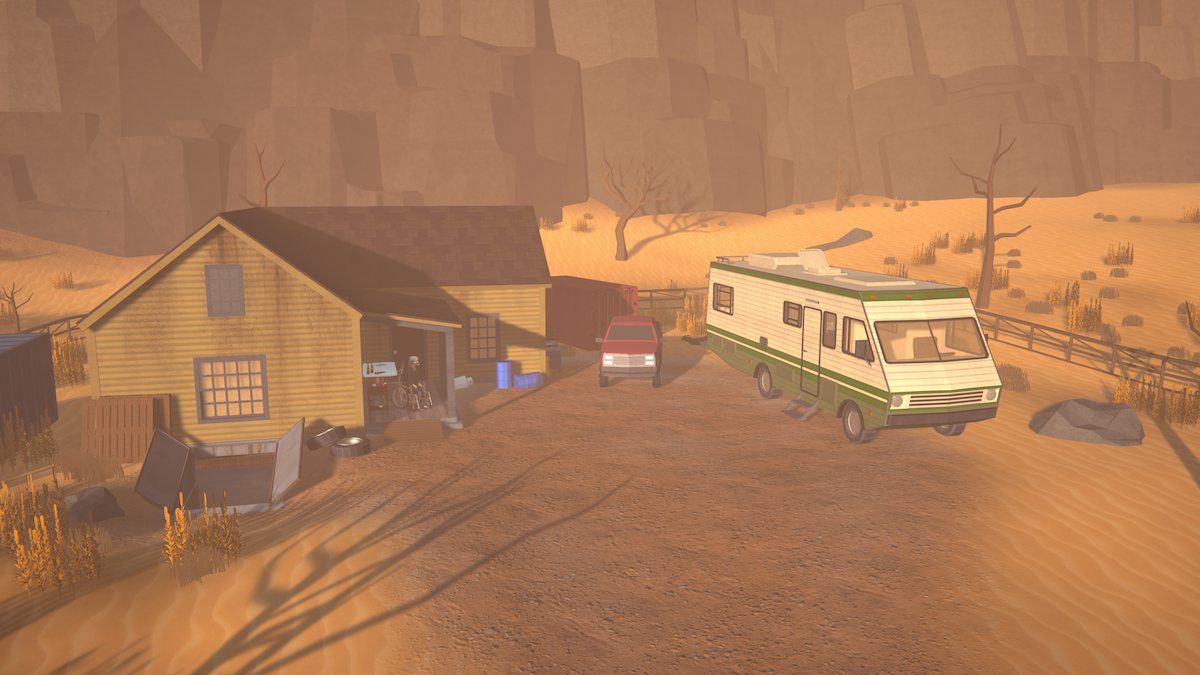

Published: May 1, 2017 12:26 pm